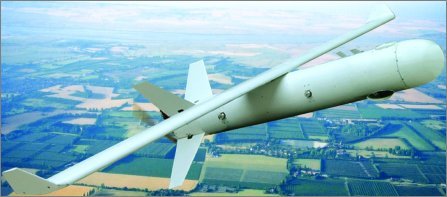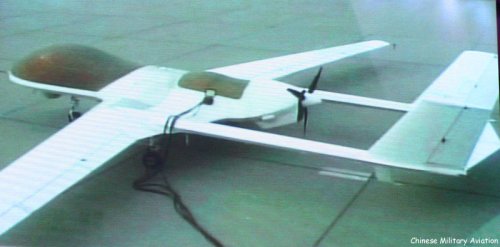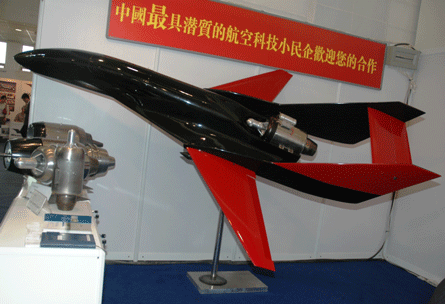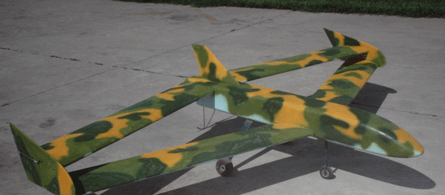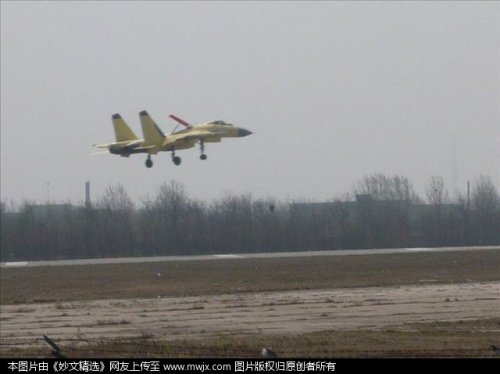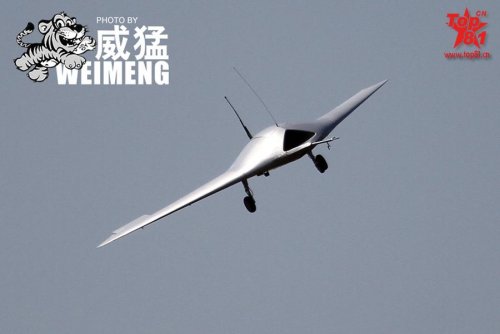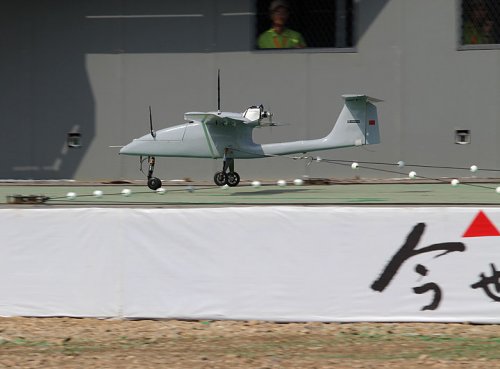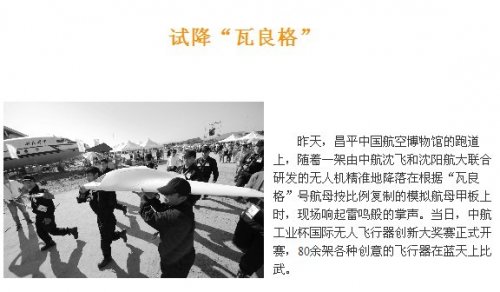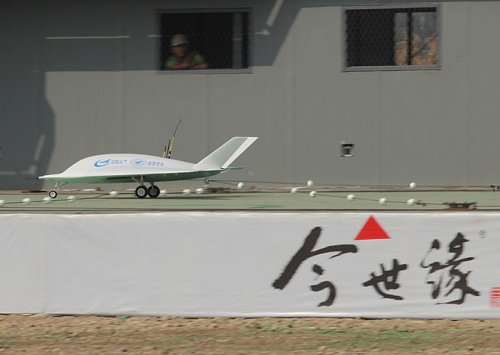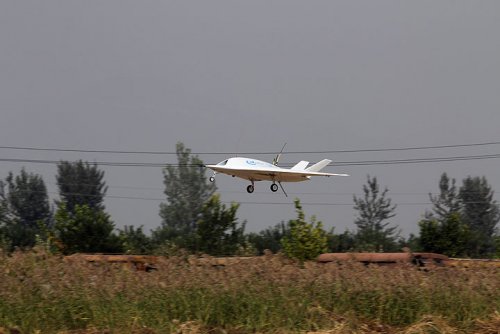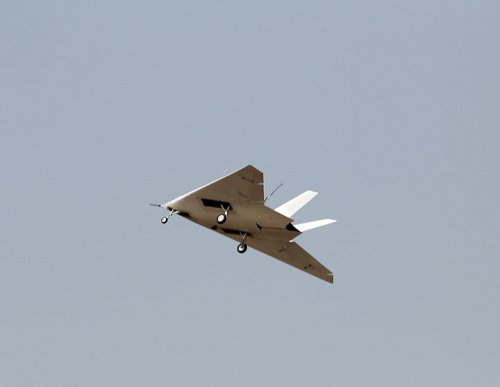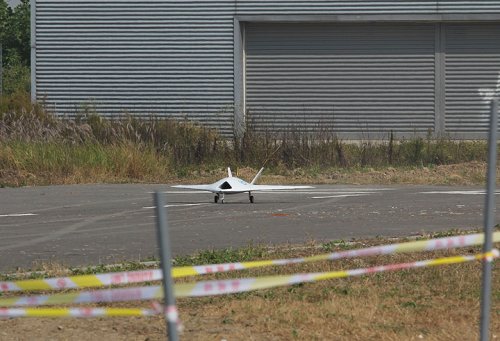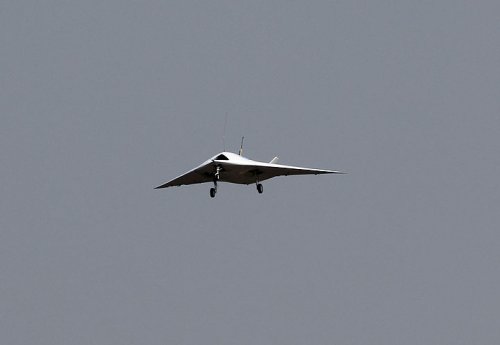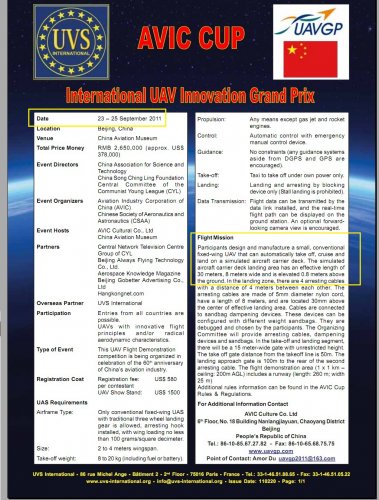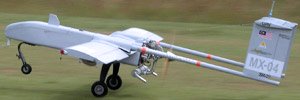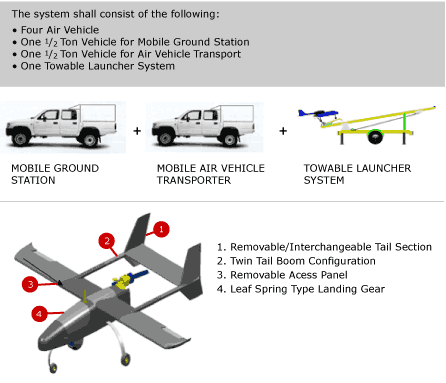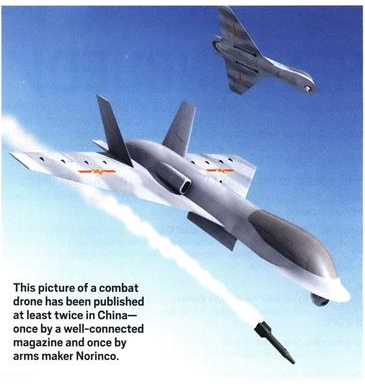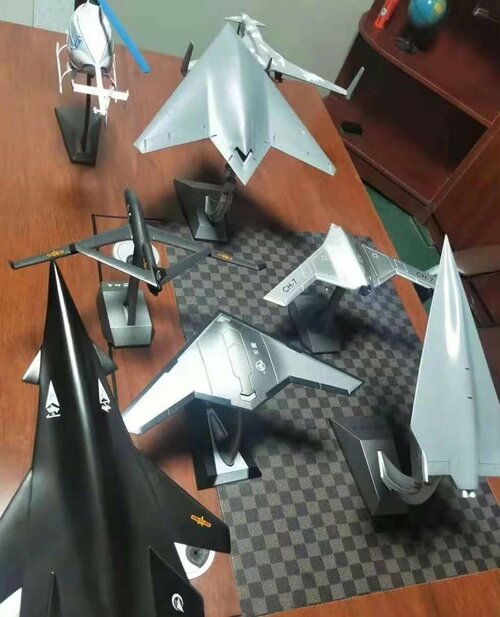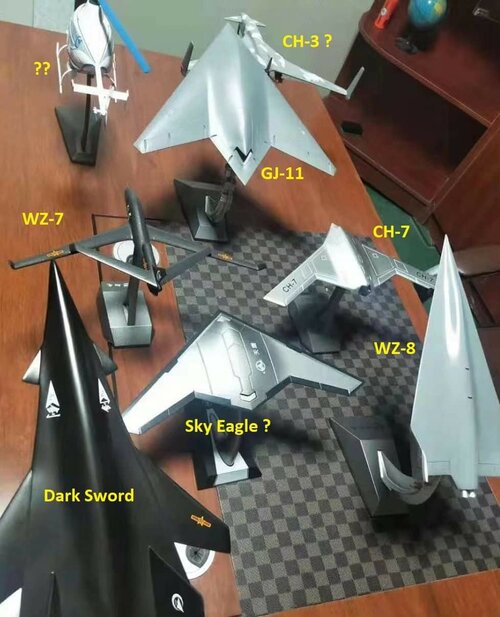Drones to play disaster-relief role next year
The Yomiuri Shimbun
A Sony Corp.-affiliated firm will start as early as spring next year a drone project to deliver relief goods to areas that become isolated in the event of an earthquake or torrential rain, it has been learned.
In response to requests by local governments and medical institutions regarding disasters, Tokyo-based Aerosense Inc. is to dispatch high-performance drones for the delivery of relief items such as medical supplies and communications equipment to isolated areas that ships and automobiles cannot access because roads are cut off and ports are damaged or destroyed.
This will be the first time for drones to be used for this purpose in Japan.
The drone manufacturing company is to test-fly drones jointly with the Economy, Trade and Industry Ministry in Chiba Prefecture in January and February.
After analyzing safety issues, the company aims to start operations as early as March.
Aerosense was jointly established by Sony’s wholly owned subsidiary Sony Mobile Communications Inc. and robotics firm ZMP Inc. in August.
The firm believes the business environment is favorable to start the project as the revised Civil Aeronautics Law, which came into effect this month, allows drones to operate without prior permission in rescue operations during emergencies.
The drone — which is shaped like an airplane, takes off and lands vertically and measures 160 centimeters long by 220 centimeters wide — can carry packages with a maximum weight of one kilogram.
The drone can fly at more than 100 kph for over one hour if weather conditions are suitable. This makes it possible for the drone to deliver relief goods 100 kilometers away. Aerosense will later consider where to set up bases for the drones.
In the envisaged project, the drones are to be sent to disaster-hit areas in the event of roads being cut off due to earthquakes, torrential rain or heavy snow after being transported by road to points close to those areas.
The drones would also be effective for sending relief goods to remote islands when vessels cannot access them after port facilities and ships are damaged.
In December last year, some areas in Tokushima Prefecture were cut off due to heavy snowfall. When record torrential rain hit eastern Japan in September, some residents in Joso, Ibaraki Prefecture, were isolated.
Even if the weather improves, relief work using helicopters in mountainous regions and elsewhere may not be effective because it is not easy to find suitable takeoff and landing locations.

